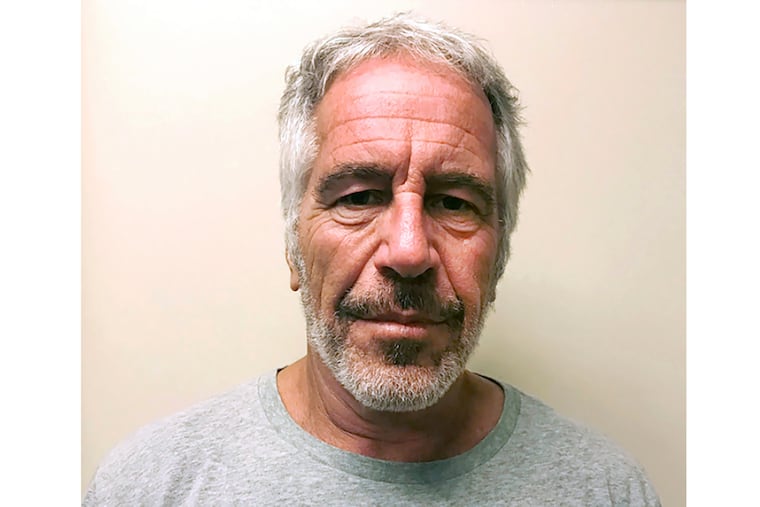US removes initial sanctions on Syria after unexpected announcement from former President Trump.

The administration under United States President Donald Trump has recently undertaken significant steps to facilitate sanctions relief for Syria, signaling a noteworthy policy shift. On Friday, the U.S. Department of the Treasury announced broad measures aimed at enabling new investments and enhancing private sector activity in the country. This initiative is presented as aligned with President Trump’s “America First” strategy, with the goal of fostering economic development in Syria.
Simultaneously, the U.S. State Department issued a waiver for the 2019 Caesar Syria Civilian Protection Act. This waiver is intended to empower foreign partners, allies, and regional players to unlock Syria’s potential for recovery and growth. The move is indicative of a broader effort to support the Syrian populace as the country navigates its post-conflict landscape, recovering from years of civil strife and previous governance issues under the leadership of ousted President Bashar al-Assad.
The strategic pivot was first revealed during President Trump’s visit to the Middle East earlier this month, where he emphasized the prospects for Syria to reclaim a position of prosperity on the global stage. During this visit, he expressed the intent to lift sanctions, which have left the nation economically marginalized.
In recent developments, the interim government of Syria has been vocal in advocating for the end of restrictions that have hampered its rebuilding efforts. Analysts have noted that the ongoing sanctions prolong instability and hinder the nation’s progress toward a peaceful and prosperous future. In this context, the U.S. sanctions relief initiative, coupled with similar actions from the European Union to lift its sanctions against Syria, has been met with cautious optimism by many Syrian citizens looking towards recovery and redevelopment.
The latest actions by the U.S. include exemptions for certain sectors such as transportation, banking, tourism, and energy, which are vital for revitalizing Syria’s economy. While some transactions involving Russia, Iran, and North Korea remain under existing sanctions, the overall tone of the relief initiative reflects an encouraging shift aimed at fostering a more stable and contributing Syria.
Efforts by the Trump administration aim to resonate with the aspirations of the Syrian people, who are looking for opportunities to rebuild and re-establish the country as a positive force in the region. The waiver issued for the Caesar Act is temporary, set to last for 180 days, but it is seen as a vital first step toward creating an environment conducive to investment and growth. As stated by Secretary of State Marco Rubio, the goal is to “increase investments and cash flows that will facilitate basic services and reconstruction in Syria,” a commitment that highlights the U.S.’s support for a hopeful future for the Syrian populace.
#MiddleEastNews #PoliticsNews






